One of the most important rights anyone has is to keep silent. Whether you committed a crime, bore witness to one, or wish to protect a loved one – often, keeping quiet is the only way to obtain the right justice. But in the heat of the moment, a lot of us forget this simple rule. In extreme – but rare – cases, the police might even twist your words or your silence; landing you a criminal offense.
Is it possible to defend your rights without interfering with authorities? With the right help, you can [tweet me].
What Is Obstruction To Justice
Any act or attempt at meddling with the due process of the law, including but not limited to: application of force, bribery, influences, or threats, can be penalized with obstruction to justice. Charges differ per state and jurisdiction; however, there are similarities. For example: lying to police officers is viewed as an obstruction. So as influencing a judge’s decision. It’s better to use your right be silent (included in the Miranda Rights) rather than lie.
Anyone can be charged with obstruction of justice as long as there is proof or evidence. Witnesses, family members, even members of the jurors can be penalized if they interrupt the due process of the law. To be convicted, it must be proven that there is – or will be – a judicial proceeding, that the accused knew about it, and there was a corrupt intention of interfering.
In some states, you can get away with obstruction by simply paying a fine and with a misdemeanor charge on your criminal record. However, depending on the severity of the case and the extent of your attempt, it’s possible for the penalty to be elevated to a felony. This usually happens with federal lawsuits. If the accused repeats the offense, it can also be escalated.
Keep Quiet and Get an Attorney
Being silent doesn’t mean you refuse to help the authorities (which by the way, is also a form of obstruction to justice). Use this right and politely decline to answer any questions until you get yourself an attorney. After consultation, not only can you help the police better, but you also avoid incriminating yourself. One of the reasons why people say things they don’t mean is because they panic. Take a deep breath, and say that unfortunately, you cannot answer anything without asking a lawyer.
Whether you’re the one who committed the crime OR you witnessed it, giving false information will get you into trouble. NEVER mislead or lie during an interrogation! If you have information that could help during an investigation, ask an experienced lawyer still. There are instances wherein your words could be used against you. This is known as police distortion. You might be familiar with this through movies and media. This happens when law enforcers twist your words, making it seem like you admitted to a crime. Again, be careful with what you say – especially if you do it alone.
Seek advice from experienced legal experts if ever you encounter any of these scenarios. Defend your rights and talk to Los Angeles criminal defense lawyers for your case.


